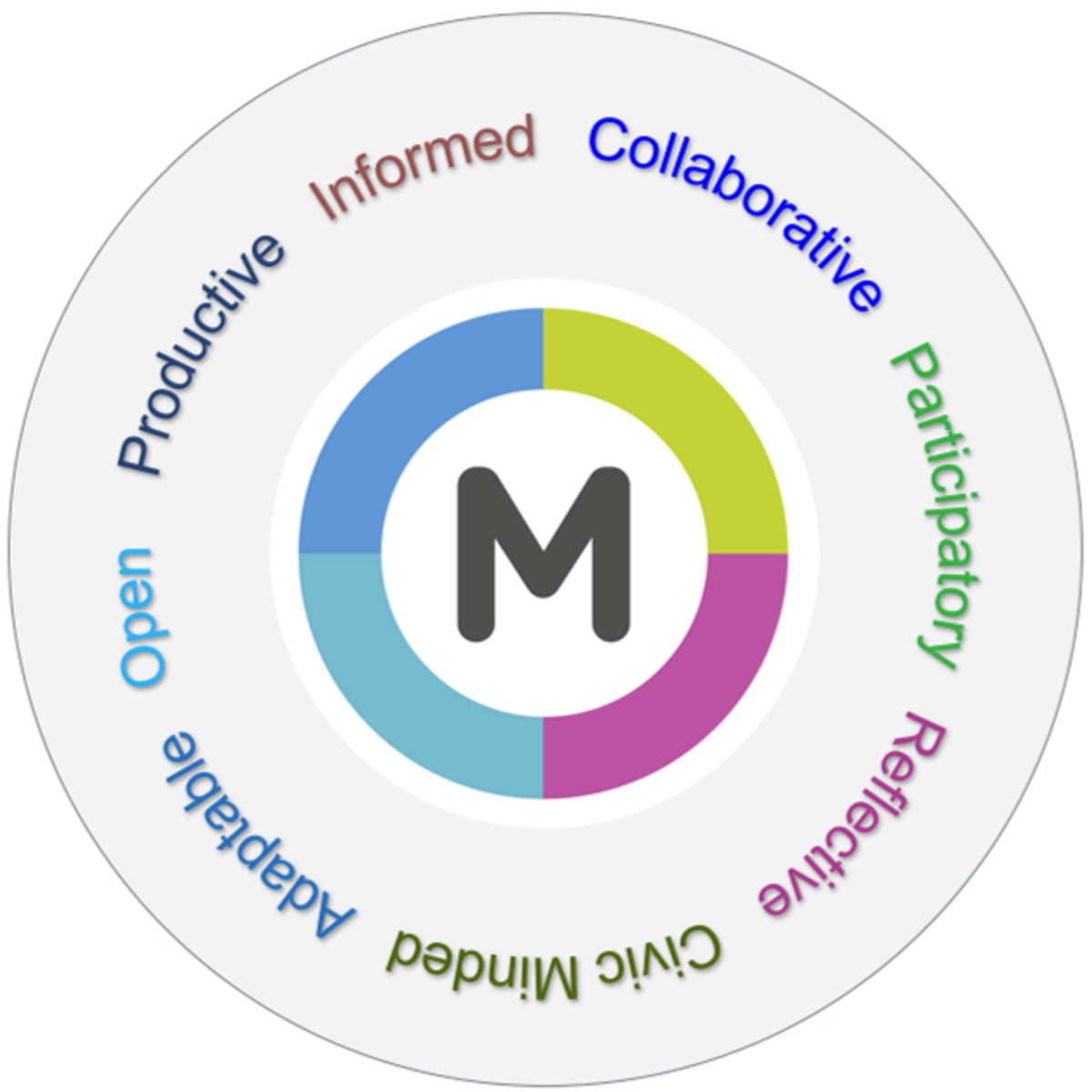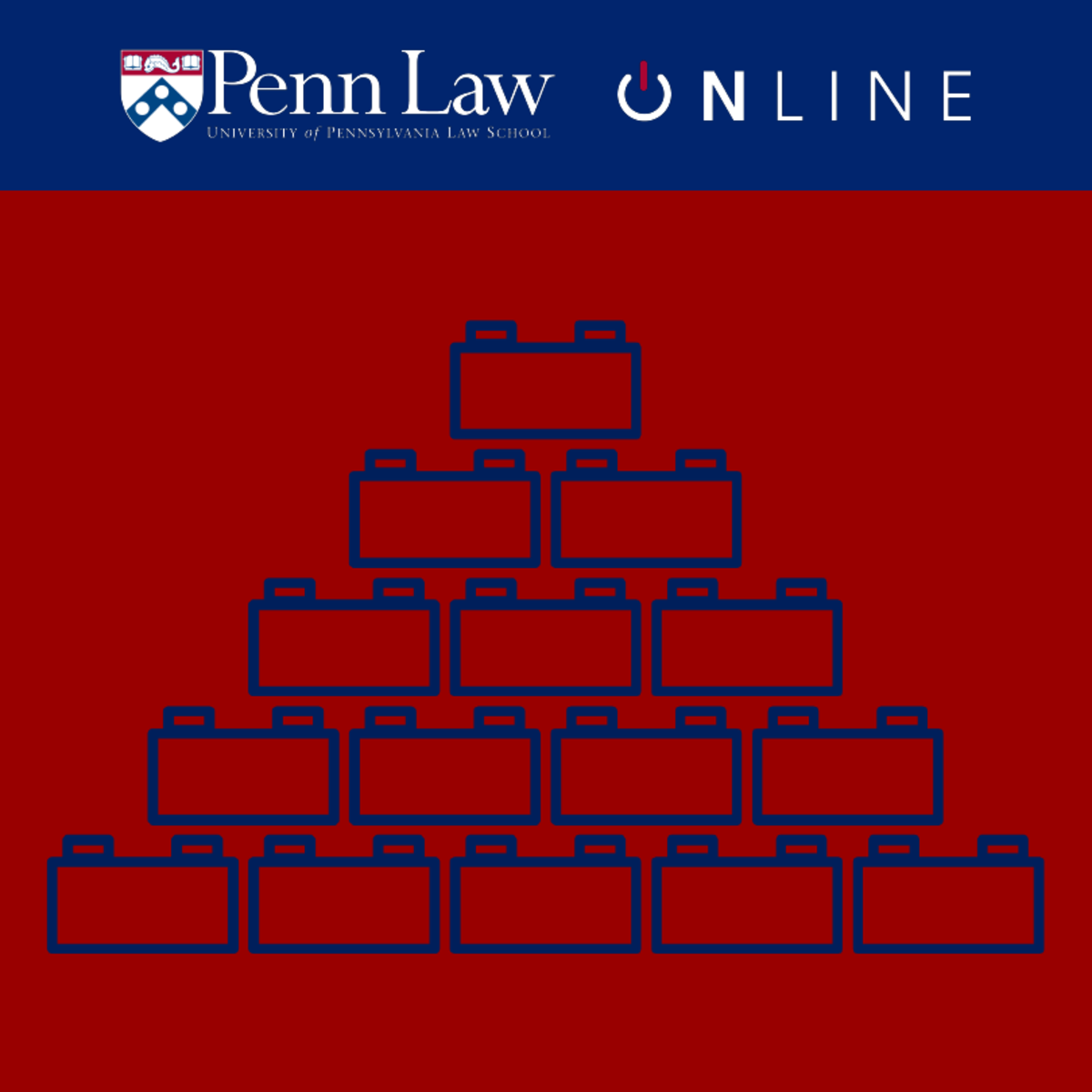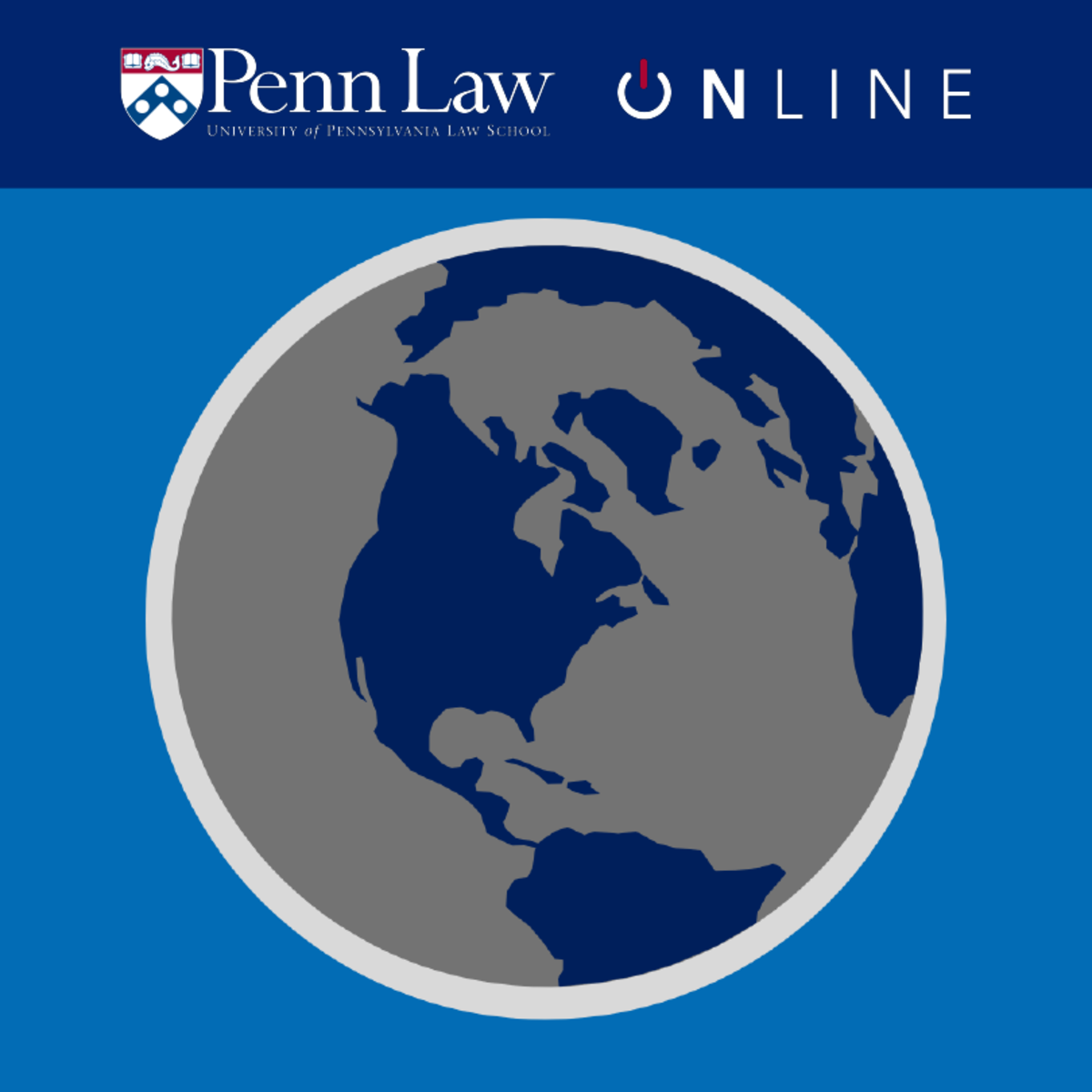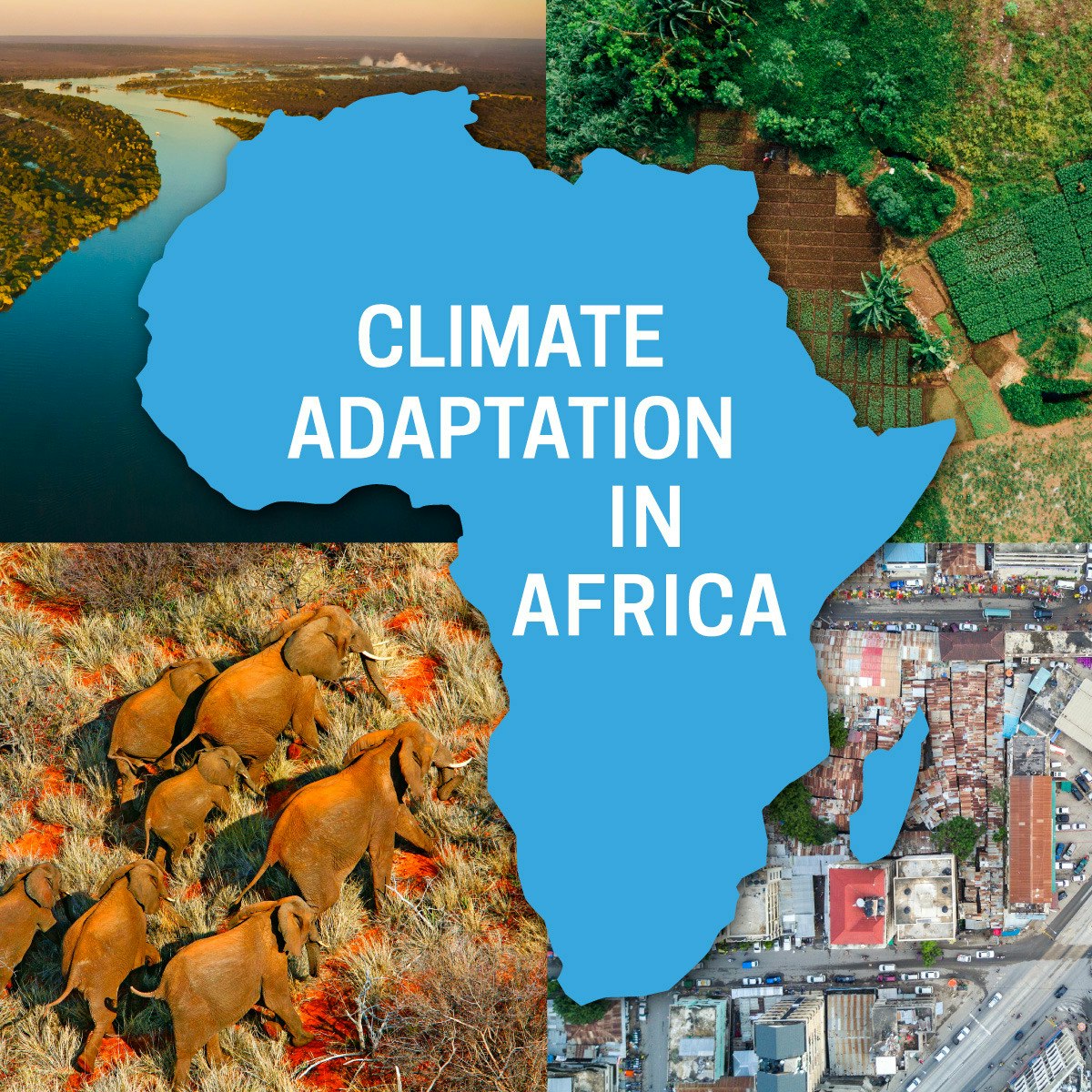Back to Courses









Social Sciences Courses - Page 22
Showing results 211-220 of 672

Empowering Yourself in a Post-Truth World
The post-truth world is a divided and partisan environment in which factual information has been displaced by subjective and biased viewpoints. Facts and expertise no longer matter when isolated communities deny truth and scientific reasoning in favor of whatever information suits their needs or aligns with their beliefs. Social media and emerging technologies have the power to connect global participants in a meaningful way; yet, they have also led to disconnected communities that fail to communicate past their own self-imposed boundaries. In this course, you will gain insights to recognize your own biases and identify preconceptions in today’s dynamic social information environment. Through metaliteracy, you will practice self-reflective, metacognitive processes and reexamine fixed mindsets. Together, we will consider the importance of facts and expertise in reinventing a truthful world based on inclusive communities of trust. This course will empower you to be a reflective consumer and a creative, responsible producer of information, and to raise and share your voice in this post-truth milieu.

Academic Skills for University Success: Capstone
This Specialization is aimed at preparing students for undergraduate study in an English-speaking university. The course equips you for full participation and engagement with your studies by building awareness and understanding of the core values and expectations of academic culture, and providing you with practical strategies to apply to your studies.
In the Capstone Project, you will apply the academic knowledge and skills you have learnt throughout courses 1-4 to research, write and present a project proposal that addresses a complex, real-world problem related to your field of interest and/or future study. After completing this course, you will be able to:
1. Apply a range of idea generation techniques
2. Apply research strategies to search, collect, select, process, and cite information
3. Use the research process to develop and critically analyse ideas
4. Apply critical thinking skills to evaluate and analyse ideas and evidence
5. Use problem-solving skills to identify gaps in knowledge and define issues
6. Develop creative and innovative solutions to real-world problems
7. Use appropriate academic genres for written texts and multi-media presentations
8. Use written and oral skills to communicate ideas effectively for academic contexts

Effective Compliance Programs
Once you have an understanding of what compliance is, and why it may be important, it is natural to wonder next, “What should I do about it?” In this course, we’ll explore one of the key factors for creating a positive culture of compliance: human psychology. We’ll think about what drives us, what makes us pay attention, what distracts, and how all of these pieces help build a strong belief in an organizational culture of compliance.
We will examine formal compliance programs, diving into the nuances of how they are applied in practice. We’ll also explore the technologies, workflows, policies, monitoring, and training necessary to create a toolkit for designing an effective compliance program.

International Organizations for Interpreters
This course is primarily aimed at students of conference interpreting, or people who wish to begin studying conference interpreting. It is based on a long-standing lecture course given by the oldest interpreting school in the world, the Faculty of Translation and Interpreting at the University of Geneva.
Our course looks at organizations from a viewpoint which very few people ever get to see; international organizations seen from the interpreting booth. You will learn about the history, development, structure and functions of international organizations, and of course the question of multilingualism.
The purpose of this course is to help you, as a budding interpreter or translator, to gain basic knowledge about the institutions which may be your future employers, and to give you the essential tools that you will need to easily and efficiently prepare yourself for working at an international organization.
Naturally, Geneva – renowned for its uniquely high concentration of international organizations – takes centre stage in this course. Throughout this course, we will take you with us to visit a number of these organizations, and to benefit from interviews with various experts who will give us an insider’s view of multilateralism, multilingualism and the other topics broached in the course.

Gender, Family, and Social Change in Contemporary South Korea
This course examines the transformation of Korean society beginning around the turn of the 20th century to contemporary times. In particular, it explores how shifting categories of masculinity, and by contrast, femininity have impacted upon, and in turn been influenced by social, cultural, and political change. Using multiple disciplinary lenses, we will critically examine how gender intersects with political, social, and economic developments starting with the Confucianization of Korean society during the Joseon Dynasty (1392-1910) up to the contemporary moment of globalization and neoliberal reform. The class will draw on a variety of topics such as traditional views of women, religion, race, class, education, patriarchy, sexuality, imperialism, modernity, war, globalization, the diaspora, among others. Special attention will be placed on the historical, transnational and transdisciplinary connections.

What is Compliance?
Compliance isn’t only about preventing problems and ensuring that everyone is abiding by laws, rules, and regulations. It’s also about the positive impact a robust and ethical compliance program can have on a business or organization.
In this course we will discuss why compliance is important – from the needs facing businesses in highly regulated industries to avoiding fines and penalties to preventing reputational and economic nightmares. We’ll examine real-world examples of compliance and governance failures and their impact, and consider strategies for avoiding similar situations in our own organizations. You’ll be able to think about risk management in new ways and apply strategies to manage it.

Magna Carta and its Legacies: Freedom and protest
This course examines the roles that Magna Carta has played historically as well as the importance of Magna Carta today. It aims to equip students with a critical understanding of Magna Carta and its significance around the globe. Students will find out what Magna Carta is, how it came about, and why many believe that it remains one of the most significant documents in history. We will investigate why Magna Carta was perceived as 'radical' in its day, why it continues to be the source of numerous debates, and why its anniversaries are celebrated widely up until the present day. Magna Carta's most recent anniversary took place in 2015, when the 800th anniversary of Magna Carta's sealing on the meadows of Runnymede in Surrey was celebrated.

Quantitative Text Analysis and Measures of Readability in R
By the end of this project, you will be able to load textual data into R and turn it into a corpus object. You will also understand the concept of measures of readability in textual analysis. You will know how to estimate the level of readability of a text document or corpus of documents using a number of different readability metrics and how to plot the variation in readability levels in a text document corpus over time at the document and paragraph level.
This project is aimed at beginners who have a basic familiarity with the statistical programming language R and the RStudio environment, or people with a small amount of experience who would like to learn how to measure the readability of textual data.

Climate Adaptation in Africa
This course explores why climate change adaptation is important in the African context. Africa is considered one to be one of the most vulnerable regions to climate change. Historically, climate-related hazards such as drought, flooding, pest and disease outbreaks, coastal storms and heat waves have had devastating impacts on people and the environment in which they live. Often the damage knocks back progress that has been made in social and economic development, slowing down the achievement of development goals. Climate models suggest that many of these climatic hazards will intensify as the global climate warms. Building resilience to climate risks, through adaptation, is critically important for future development in Africa.
The course will examine adaptation in theory and in practice, through a focus on four sectors that are critically important for climate resilient development in Africa: Water Security, Agriculture and Food Security, Ecosystems and Ecosystem Services and Resilient Cities.

Oralpha: Literacy for new citizens, a course for trainers
You are interested in welcoming processes of migrants and refugees? You want to dedicate yourself to teaching lamguage and literacy? The objective of this course is to get to know the simultaneous process of literacy and language learning in the host society for migrated young people and adults.
The linguistic integration is key for integration in the society. This course offers insight into international migration today and the real linguistic needs of migrated people in the countries of arrival. Furthermore, throughout the course you can learn about teaching methods and tools in language learning and literacy. The focus is on oral competencies, and processes starting from the students’ needs and difficulties them and the teaching staff are facing, implementing hands on experience and providing practical solutions supporting your class.
Popular Internships and Jobs by Categories
Browse
© 2024 BoostGrad | All rights reserved


